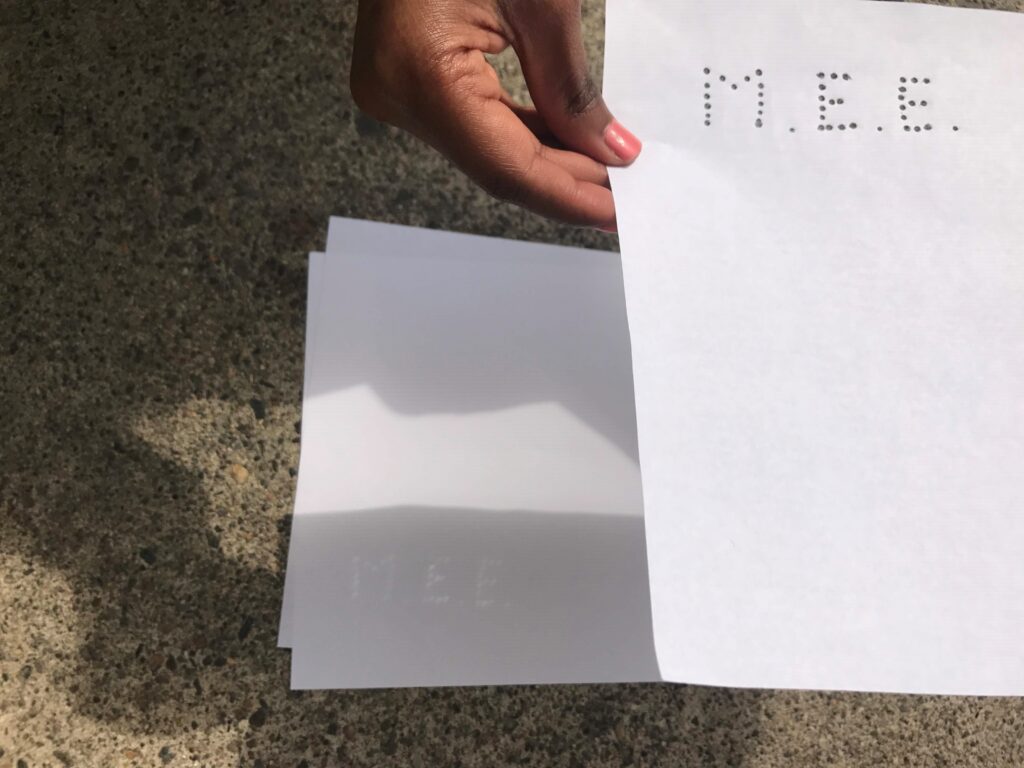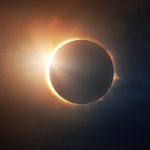On April 8, 2024, a total solar eclipse will be seen over North America. Retina specialist Jason Comander, MD, PhD, explains how to best enjoy the unique experience while keeping your eyes safe.

When it comes to viewing the upcoming total solar eclipse on Monday, April 8, Jason Comander, MD, PhD, director of the Inherited Retinal Disorders Service at Mass Eye and Ear, is all in.
“I’m excited! I’m driving to Burlington, Vermont to see it,” he says.
A total solar eclipse occurs when the moon passes between the sun and Earth, completely blocking the face of the sun. The Boston area is expected to see roughly 90 percent of the sun covered, making a crescent shape. While Boston is not in the path of totality where the sun is completely covered, the eclipse – assuming clear skies – will still be a marvel. The sky will darken and air temperature will slightly drop; the birds may change their song and animals might get confused. People could see hundreds of dancing projections of the crescent-shaped sun in the shadows of tree leaves. Peak eclipse is expected to occur at 3:30 pm.
“If you stare at the sun for a split second, it won’t damage your eyes,” Comander says. “You may see an afterimage and it can go away. But, if you keep taking more and more peeks and do it for longer and longer, it could cause real damage to your retinas. You could be left with a spot in your vision that stays there forever. Surprisingly, it does not hurt to burn your retinas.”
Binoculars and telescopes should be left at home on the big day. Comander says they collect much more light than the naked eye, and it condenses it down to a single point that can burn eyes in a split second. Regular sunglasses are also not an option as they don’t offer enough protection. Glasses made specifically to watch an eclipse, however, do. They have a powerful filter and are much darker.
“If you do get eclipse glasses, just make sure you’re buying a reputable brand,” Comander says. “Look for glasses that are marked with an ISO certification and symbol, and that they are not cracked or old.”
Comander will be watching the solar event with his own eclipse glasses, but he will also be bringing supplies to make a pinhole eclipse projector while he waits. The full duration of the eclipse will be at least three hours in New England.
“That’s a lot of time to fight the temptation to stare at the sun. It’s especially tempting for children. I encourage parents to have kids make their own pinhole projector, it’s interactive and fun,” says Comander. “All they need is a piece of paper and a pencil. It’s much safer than staring at the sun… as long as they don’t poke themselves in the eye with the sharpened pencil you give them!”




